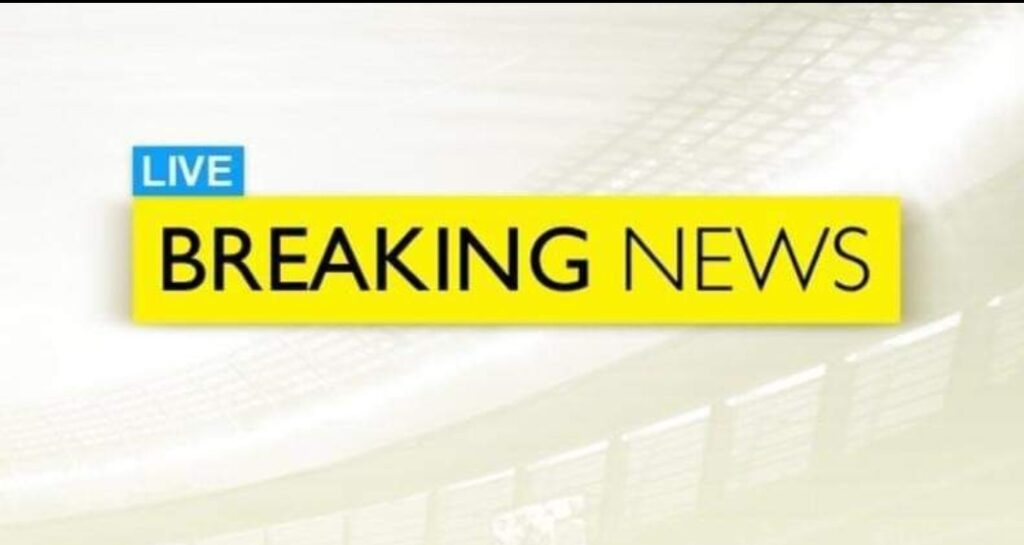Mauricio Pochettino expressed his dissatisfaction with Reece James’ red card incident, acknowledging his disappointment without placing excessive blame on the captain for Tottenham’s poor performance against Newcastle.
The coach acknowledged that such occurrences are part of football, emphasizing the need for Chelsea to accept the red card and its consequences, urging the team to move forward. Despite the textbook nature of the cards, Pochettino’s disappointment seemed more rooted in the fact that his own player committed the mistake.
Pochettino refrained from openly blaming his captain, recognizing that publicly criticizing the leader would serve no purpose at this point. It was evident that James himself realized the extent of his error as soon as he left the field.
Understanding the futility of dwelling on the mistake, Pochettino emphasized the importance of not letting the negative result provoke hasty decisions fueled by anger. Instead, he advocated for a forward-looking approach, directing the team’s focus towards the upcoming game.
In acknowledging the disappointment, Pochettino displayed a level-headed perspective, recognizing that setbacks are inevitable in football. The coach’s emphasis on accepting the red card and its repercussions echoed a pragmatic approach, signaling a desire to maintain composure in the face of adversity.
As Pochettino navigated the aftermath of James’ red card, he underscored the necessity of collective resilience, urging the team to overcome the setback and concentrate on the challenges ahead. The coach’s measured response aimed at preventing any undue escalation of emotions within the team, emphasizing the need for a calm and strategic mindset as they prepared for the next game.
